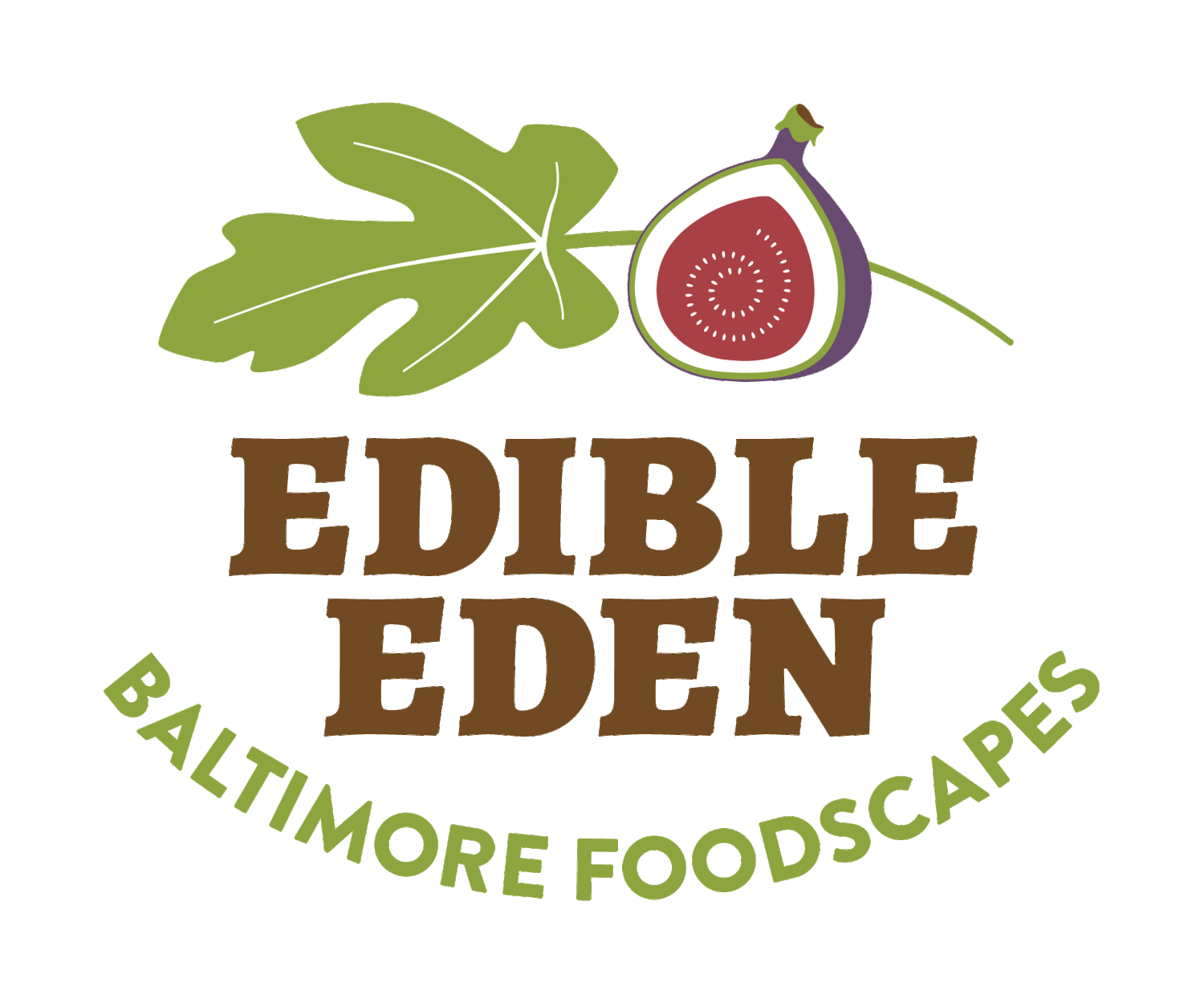With the Fall coming on quickly thoughts turn to preserving some of our harvest so we can enjoy local foods during the cold months when little is growing. We have multiple options available to us when it comes to putting up goodies for the off season. The simplest and quickest option is blanching and freezing. Many vegetables lend themselves to blanching and freezing and hold up well in the freezer. Zukes and summer squash, beans, carrots, beets, turnips, peas, and kale are all good options for blanching and freezing. To do this, wash and chop them into suitable sizes, drop them in boiling water for three minutes, then into ice water until cool, then lay them out on a cookie sheet and freeze. The next day put them in clean, ziplock backs, label and forget about them until January!
Another great craft to explore is pickling. When creating pickled delights we can choose to lacto-ferment or vinegar pickle. Lacto-fermentation is an artisanal method of food preservation that has many heath benefits and creates amazing and unique flavors. It involves creating the right conditions for healthy microorganisms to come and do their work of breaking down sugars and releasing lactic acid which acts as a preservative. Old school sour or half-sour pickles, dilly beans, saurkraut, and kim chi are some great options for fermenting. Vinegar pickling involves making a boiling brine of vinegar and seasoning and pouring it over fresh vegetables. Cucumber, sliced beets, baby onions, asparagus and okra are great veggies to vinegar pickle. This method is the best way to get a shelf stable product that doesn't need to be kept in the fridge and can create some really fantastic flavors, although it has no health benefits.
Canning is the process of creating a shlef stable product by sealing mason jars using heat. With canning you really need to follow correct procedures to avoid food borne illness so best to do it according to concise directions- or better yet, do it with a friend or family member who has experience with canning. Pureed tomatoes, jams, and vinegar pickles are all good options for canning.
Dehydrating is also a good option for preserving veggies; if you have a dehydrator you can create the best backpacking foods ever!
Regardless of how you go about it, make sure to try out a food preservation technique this late summer as there is nothing so satisfying as eating homegrown produce from your MidAtlantic garden in the cold weeks of February.
To learn more join us at another free Edible Eden workshop on preserving the harvest Sunday afternoon, Sept 20, 4-6 pm.


